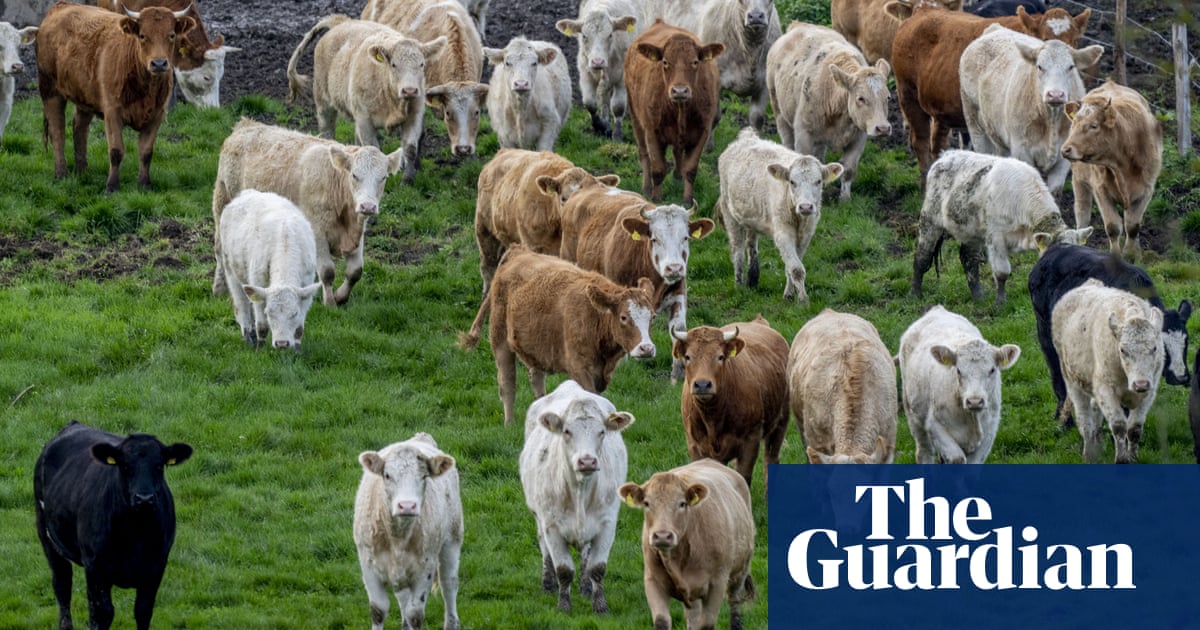
Environmental groups have criticised the UN body tasked with cutting global aircraft emissions for hiring a former senior airline industry lobbyist to a senior role.
Campaigners say the recruitment of Michael Gill to the International Civil Aviation Organization (ICAO) reflects its flaws and bias toward the industry.
Gill was most recently the executive director of the Air Transport Action Group, an industry body, and the director for aviation and environment at the International Air Transport Association (Iata).
As such he led lobbying for what environmental groups say was the weakening of emissions reduction measures created by ICAO.
The UN body works with member states to reduce the carbon footprint of international aviation (pdf) via its Corsia scheme, which relies on airlines buying credits to offset the rise in CO2 from a fixed minimum level. Critics say the scheme has not reduced aviation emissions but has offset industry growth.
After lobbying by the industry last year, the ICAO agreed to change the baseline for minimum emissions above which carbon offsets are required from 2019-20 to 2019 alone. The former date, which included 2020 when the Covid-19 pandemic virtually eliminated flying and dramatically reduced aviation emissions, would have set a lower level of minimum emissions.
In his role at Iata Gill was a key lobbyist for the industry’s push to take 2019 as the date to measure emissions. He said the new date would save the airline industry $15bn (£11bn).
“We’ve gone to ICAO and said 2019 emissions should be used,” Gill said in May last year, arguing the change would avoid creating an “unusually difficult baseline” for the sector.
“If ICAO does what we have suggested, it could avoid $15bn of additional offsetting costs, so it’s very important that ICAO gets this right,” he said.
The pressure from the industry was successful. The ICAO introduced its change to the baseline date last June, saying it wanted to “avoid an inappropriate economic burden on the aviation industry”.
The ICAO announced Gill’s appointment as director of legal affairs and its external relations bureau last week.
Jo Dardenne, the manager for aviation at Transport & Environment, a Brussels-based NGO, said: “Hiring one more ex-aviation industry lobbyist in ICAO won’t change much to the overall ineffectiveness of the organisation … ICAO is fundamentally flawed and biased in favour of the industry, which is why it has continuously failed to properly address aviation emissions.”
The Corsia scheme has been heavily criticised for failing to reduce actual emissions. Instead it is based on the industry buying carbon offsets for emissions growth above 2019 levels. The offsets, set at about €1 (86p) per tonne of CO2, were very cheap for the industry, Dardenne said.
“It’s not surprising that the best tool it could come up with to address aviation emissions is a cheap offsetting scheme that allows airlines to continue polluting for the next decades,” she said.
An ICAO spokesperson said Gill’s appointment was made in line with HR practices that in turn were aligned with UN-wide provisions to avoid conflict of interest.
“All ICAO staff are required to uphold the ICAO service code, which demands the highest levels of commitment to independence from external influence as international civil servants,” he said.
“The responsibility for cutting emissions from all sectors of human activity, including but not limited to aviation, lies clearly and unambiguously with the states.
“ICAO is a standard-setting body, and the role of the ICAO secretariat within the aviation sector is strictly to provide impartial technical assistance to states in the development and agreement of these standards.”
The Corsia scheme is currently voluntary, but will apply to all 193 UN member states after 2027. Some analysis suggests the emission levels above which carbon offsets are required are so high that airlines will not start buying credits until 2026.
A report for the German Environmental Agency last year found more than 80% of the offset projects that form part of Corsia overstated their effect because they would have taken place whether the credits had been bought or not.












